Imagine this: you walk into a friend’s house, and while all the cat lovers in the room are vying for the feline’s attention, the cat makes a beeline for the one person who’d rather not have fur on their pants. It’s infuriating, hilarious, and a little bit mysterious. What’s really going on in those whiskered minds? Why do cats seem magnetically drawn to the least interested humans in the room? Buckle up for a journey into the quirky, surprising world of feline behavior—a place where nothing is ever quite what it seems.
The Curious Cat Conundrum
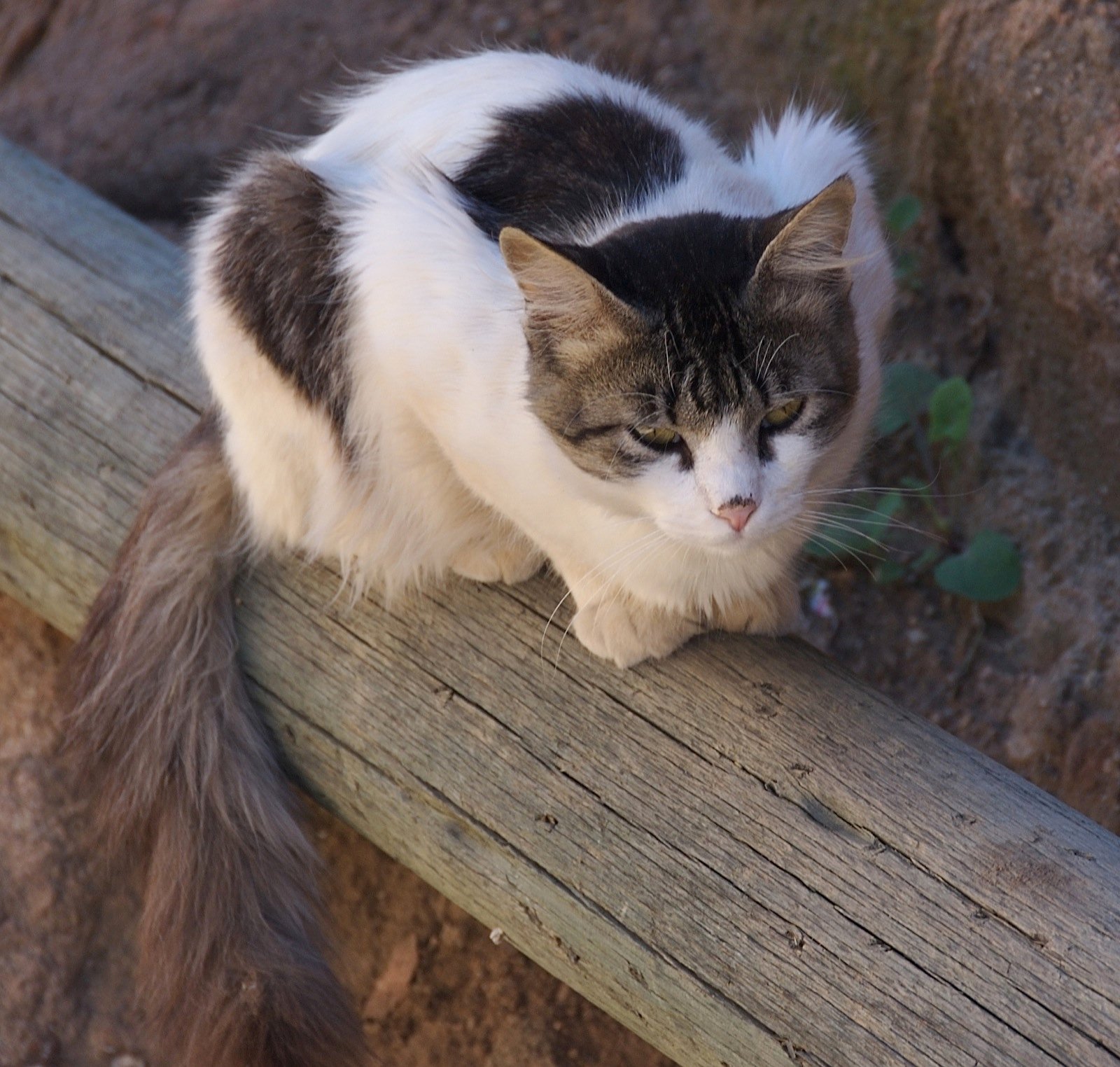
If you’ve ever witnessed a determined cat ignore the outstretched hands of adoring guests in favor of the lone cat-averse visitor, you’re not alone. This scenario puzzles and amuses in equal measure. Cats have a reputation for being aloof, unpredictable, and even a little mischievous. But what seems like irony is actually rooted in feline psychology. Their choices aren’t random; they’re carefully calculated. The reasons behind their counterintuitive preferences touch on instincts, body language, and even ancient survival tactics.
Decoding Feline Body Language
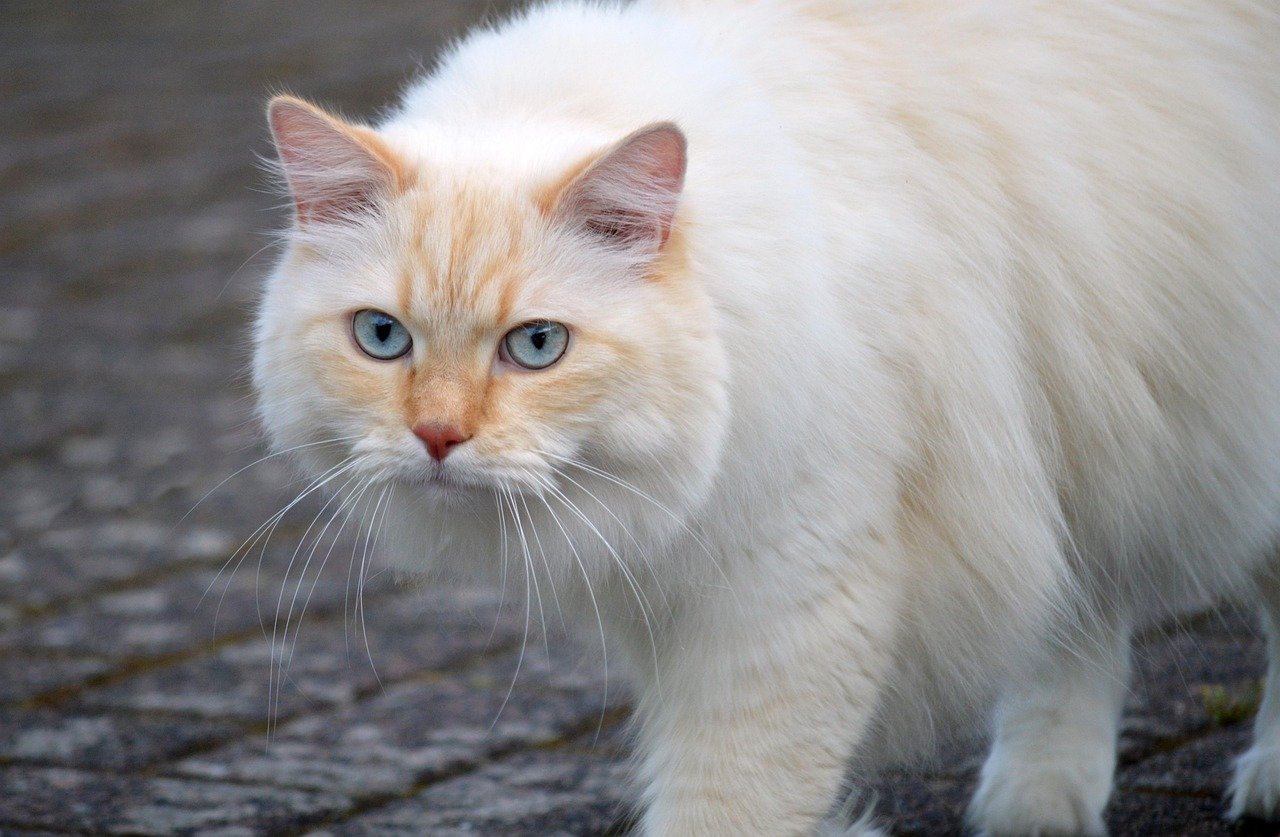
Cats are masters at reading subtle cues. While dogs might bound up to anyone, cats take a more measured approach. People who love cats tend to stare, reach out, and talk excitedly. To a cat, this can feel invasive—even threatening. On the flip side, people who don’t like cats usually avoid making eye contact and keep their distance. For a cat, this nonchalant behavior is less intimidating and more inviting, almost like a secret handshake that says, “I won’t bother you if you don’t bother me.”
The Power of Ignoring

To a cat, being ignored is like a breath of fresh air. They are creatures of independence, and they value their personal space above all else. When someone doesn’t pay them any mind, it’s not an insult—it’s an irresistible invitation. That’s when curiosity kicks in. The aloof person becomes a puzzle to solve, a mystery to explore. Suddenly, the one who shows the least interest becomes the most intriguing object in the room.
Understanding Cat Instincts

At their core, cats are both predators and prey. This dual nature makes them cautious and observant. In the wild, approaching a larger, animated creature could spell danger, so it’s safer to approach the calm, quiet one. This instinct translates into domestic life. The person who sits still and avoids sudden movements is viewed as less of a threat. It’s a survival tactic, honed over thousands of years, now playing out on your living room carpet.
Why Unfamiliarity Breeds Curiosity
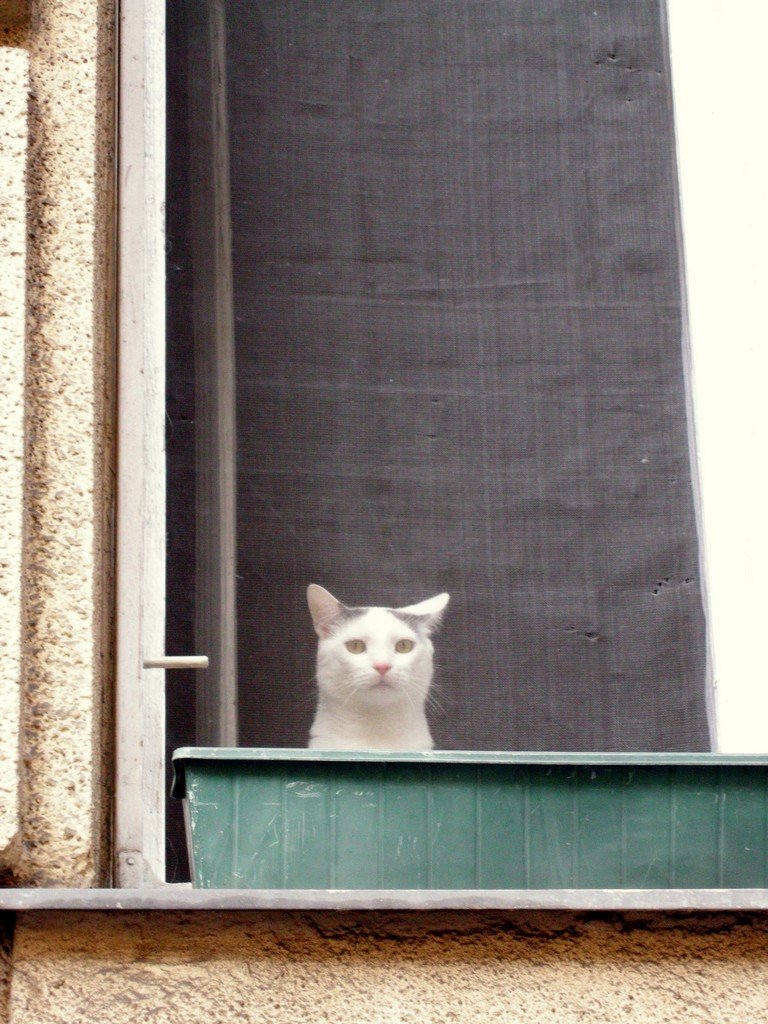
Cats are naturally curious, and anything unfamiliar piques their interest. Someone who doesn’t interact with cats often might move differently, smell different, or simply act in a way that stands out to the feline observer. This unfamiliarity is intriguing. The cat can’t help but wonder: who is this mysterious human, and why are they ignoring me? The only way to find out is to investigate—up close and personal.
The Subtle Art of Approach
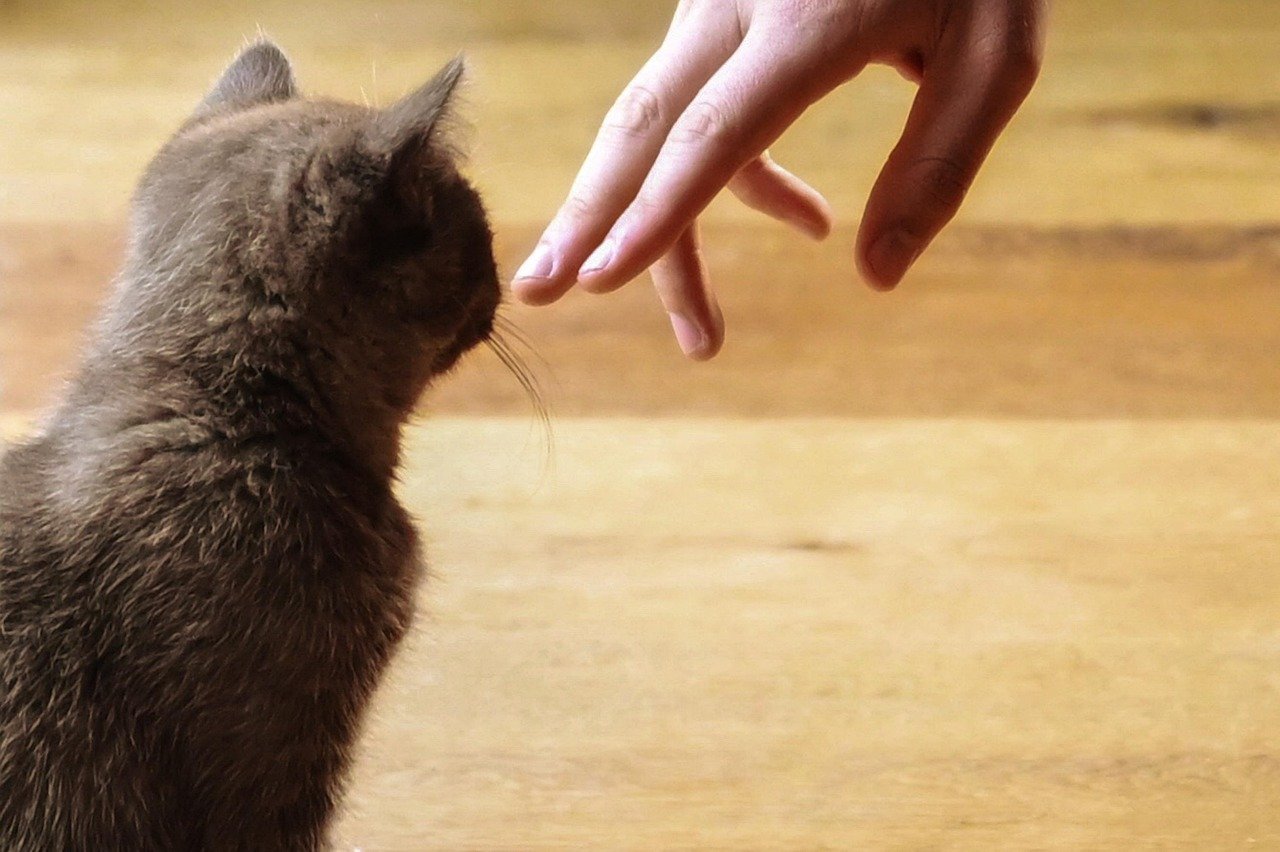
If you’ve ever watched a cat approach someone, you’ll notice they do it on their own terms. They might circle, sniff, or rub up against a leg before deciding to settle in a lap. People who don’t like cats tend to remain still, making the approach easier and less stressful for the cat. Without the pressure of being petted or picked up, the cat feels safe to initiate contact in its own quirky way.
The Human Signal Trap

Cat lovers often unwittingly send out signals that actually repel cats. Eager hands, high-pitched voices, and direct stares are all meant as invitations, but cats interpret them as warning signs. People who avoid cats do none of these things. Their calm demeanor and lack of engagement send a message that says, “I’m safe and predictable.” To a cautious cat, this is the ultimate green light.
The Reverse Psychology Effect
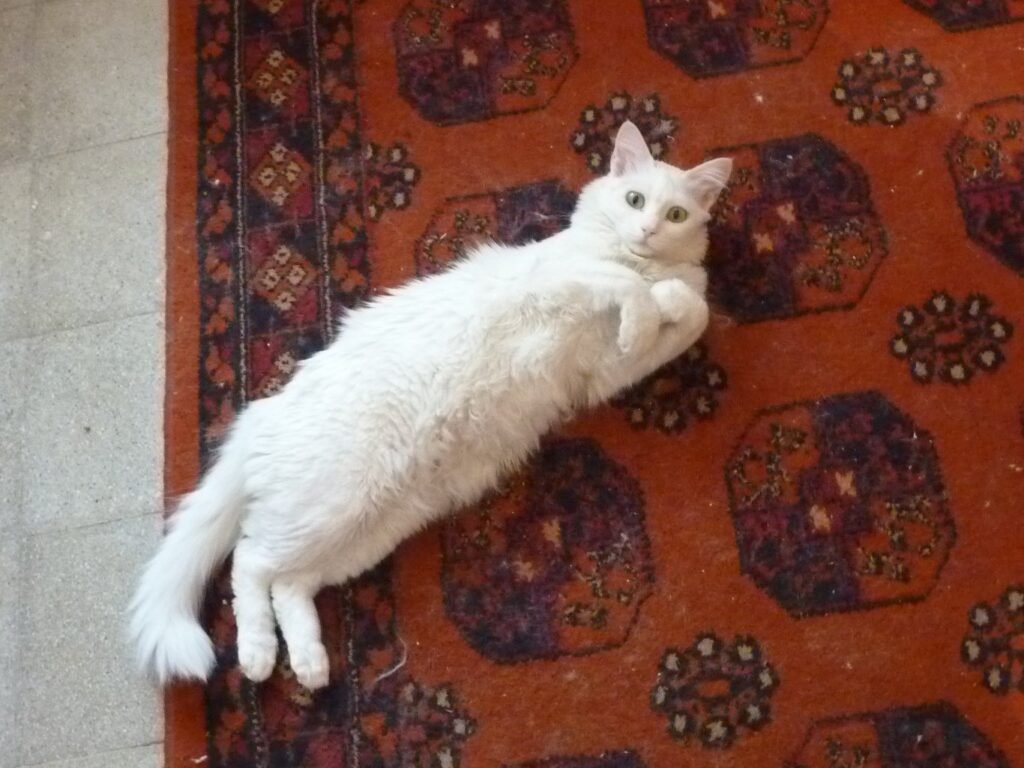
It’s almost like cats are the original inventors of reverse psychology. The more you want their attention, the less likely you are to get it. But the less you care, the more they want to win you over. This twist of fate is frustrating for cat lovers everywhere but endlessly entertaining for everyone else. It’s as if cats have a sixth sense for sniffing out the least interested soul and making them the star of the show.
Personal Space and Feline Respect
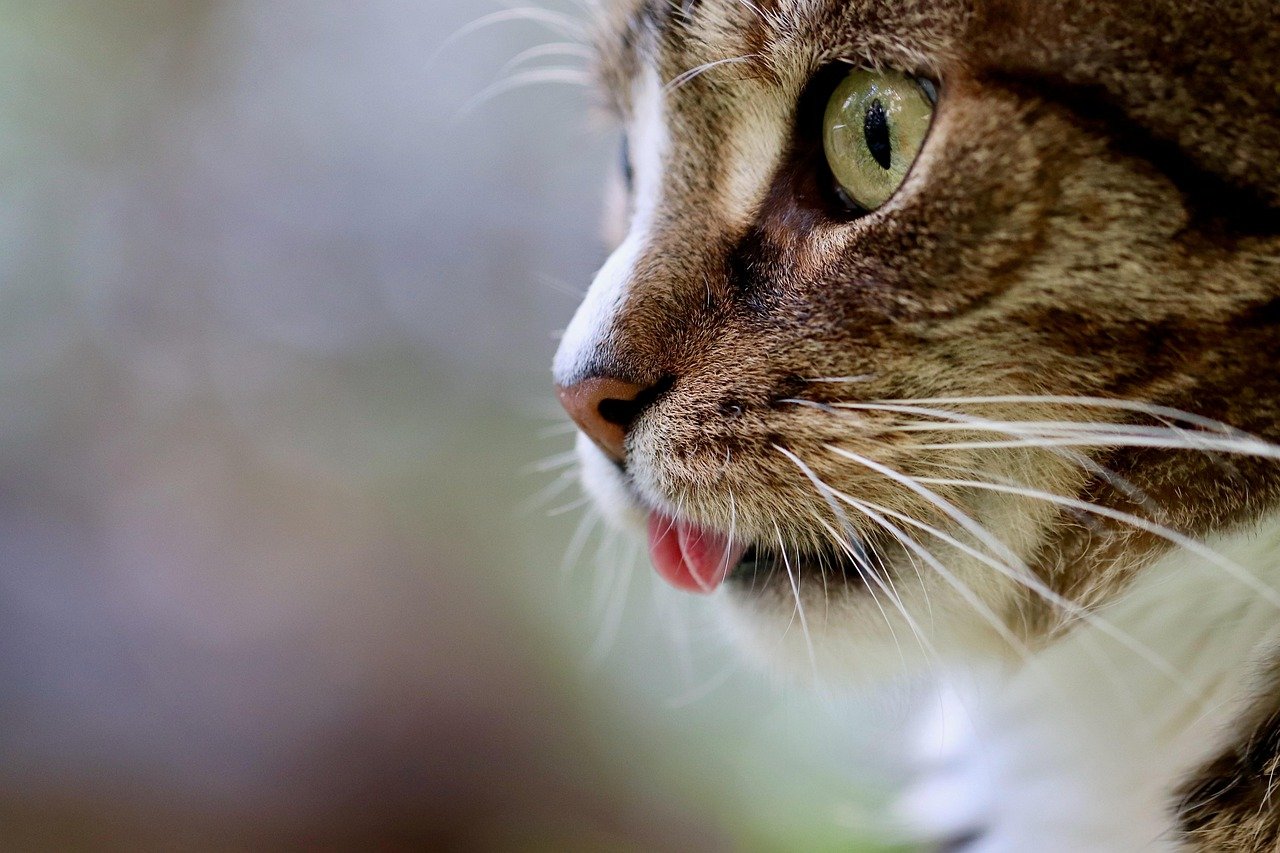
Cats have a deep respect for personal space. They expect it from others and give it in return—when they want to. People who don’t like cats naturally keep their distance, unknowingly showing respect for feline boundaries. This respectful behavior puts a cat at ease, making them more likely to initiate contact. Suddenly, the person who wanted nothing to do with the cat becomes the preferred companion.
The Allure of the Unavailable

There’s something universally appealing about the unavailable. For cats, the person who doesn’t reach out or fuss over them is a challenge. It’s almost as if the cat is thinking, “Why aren’t you interested in me? I’ll make you notice me.” This allure is powerful and drives the cat to bridge the gap, even if it means cozying up to someone who’d rather keep their distance.
Reducing Social Pressure
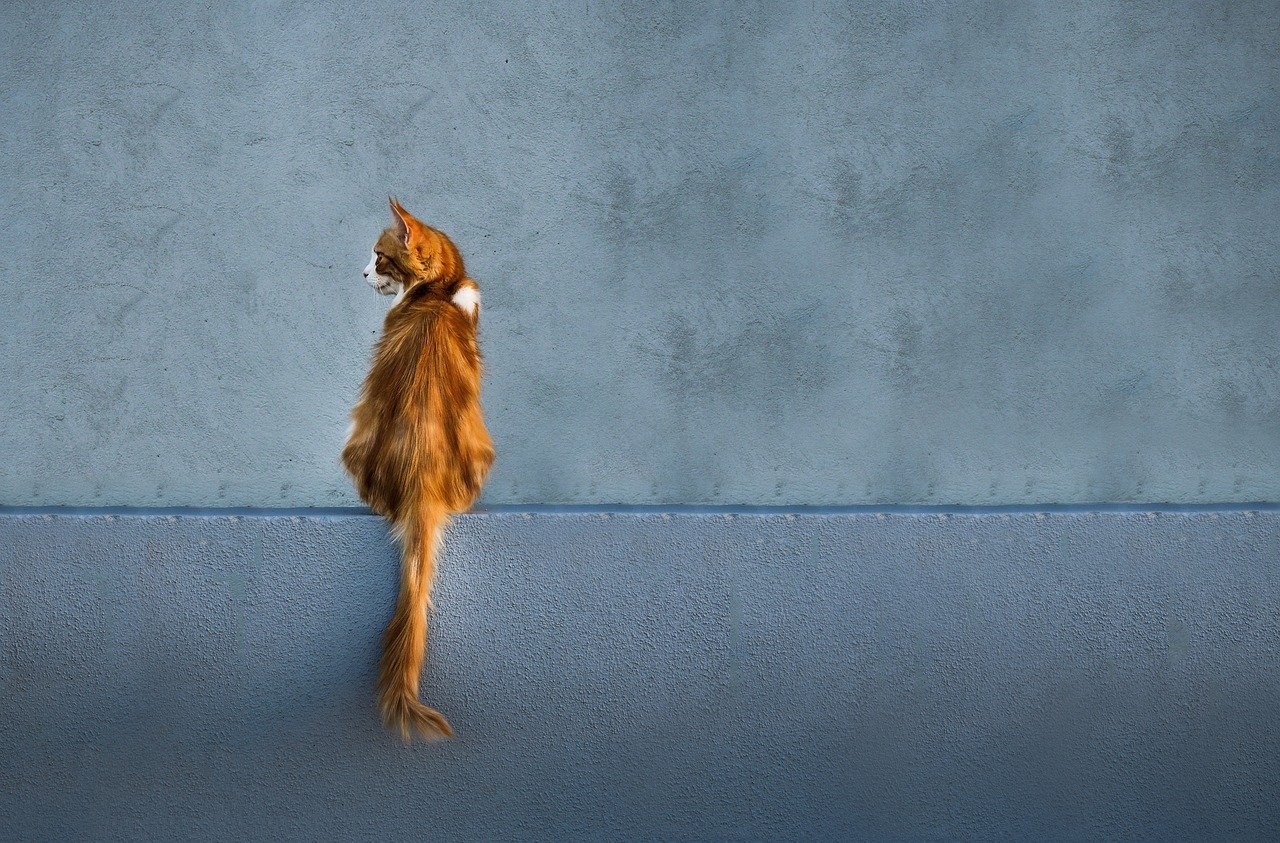
Imagine being at a party where everyone wants your attention—it can be overwhelming. Cats feel the same way when surrounded by eager admirers. The person who hangs back, perhaps out of indifference or discomfort, provides a safe haven from all the excitement. Cats gravitate toward this low-pressure environment, where they can observe and interact at their own pace.
Non-Threatening Body Language

People who aren’t fond of cats typically avoid sudden movements and loud noises. Their body language is relaxed, even passive. This is exactly what cats look for in a companion. The absence of threatening gestures makes the cat feel secure, encouraging them to approach and even initiate physical contact.
Appealing to Cat Curiosity
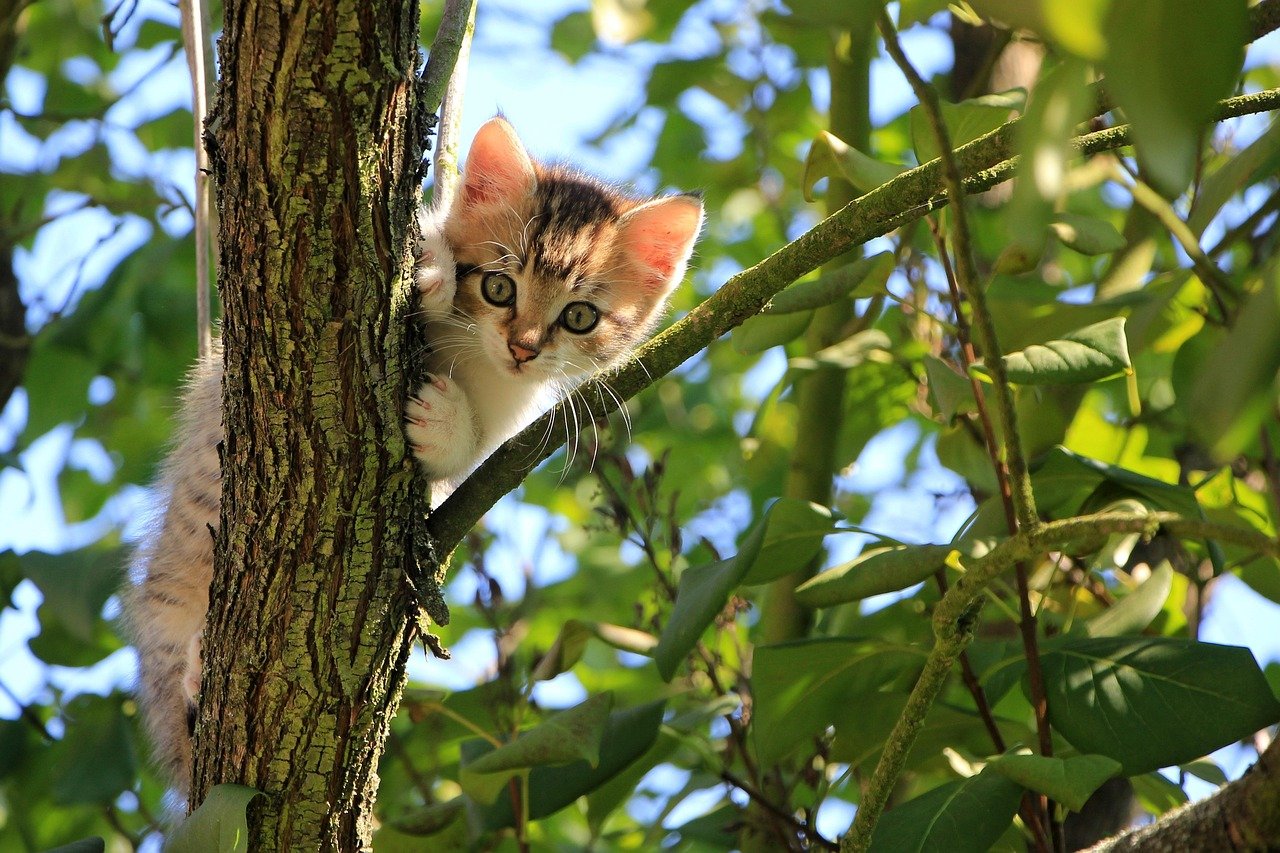
Cats are famously curious. They want to investigate everything and everyone, especially the person who seems least interested in them. This sense of curiosity drives their interactions and often leads them straight to the feet of the least willing participant. The cat’s inquisitive nature simply can’t resist the challenge of the uninterested human.
Independence Recognizes Independence
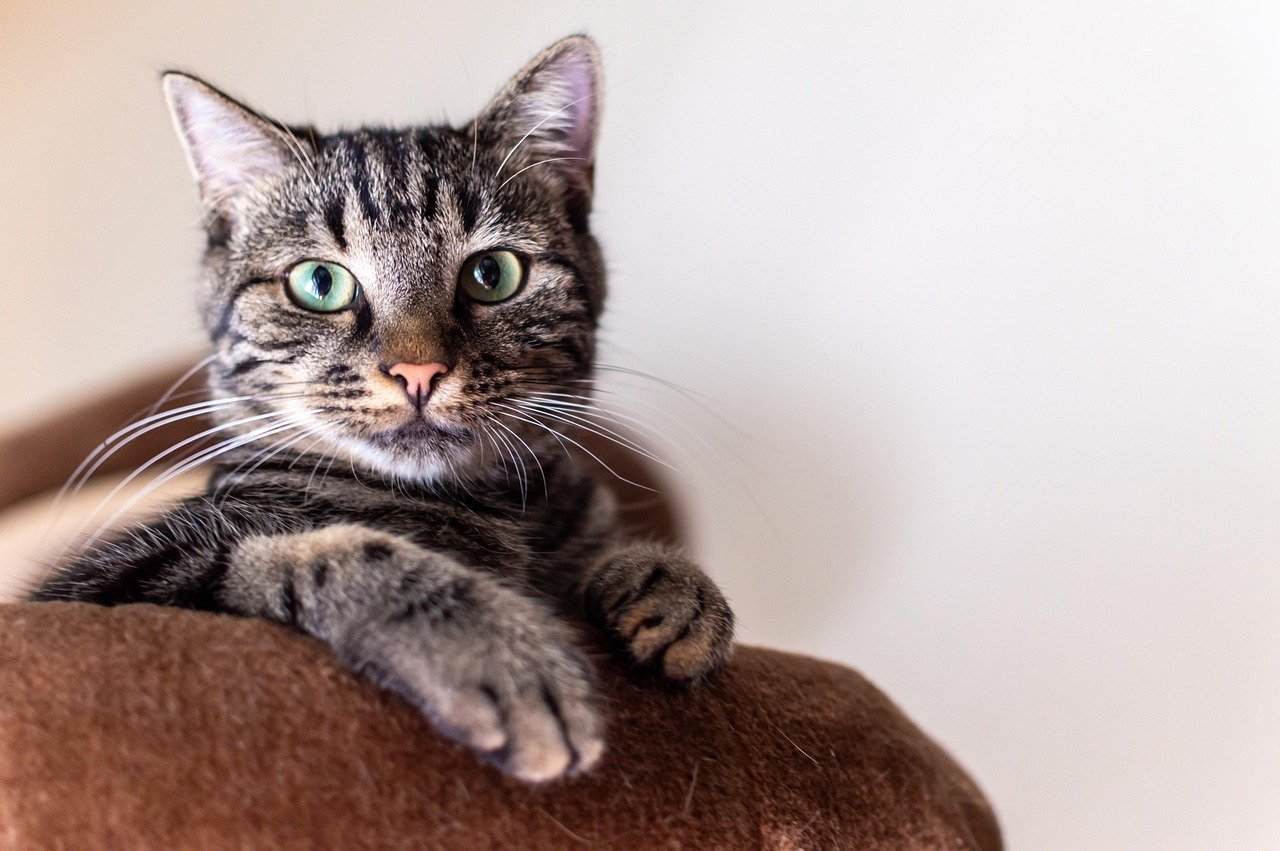
Cats are fiercely independent creatures. They respect others who mirror their attitude. Those who don’t like cats often exude a sense of self-sufficiency and detachment, which cats find relatable. It’s almost as if the cat sees a kindred spirit, someone who understands the value of autonomy and space.
Unintentional Positive Signals

Without meaning to, people who avoid cats often send positive signals. By not staring or reaching out, they let the cat set the pace of interaction. This creates a foundation of trust. The cat feels in control and is more likely to approach, sensing there’s no risk of unwanted attention.
Reducing Overstimulation

Cats can be easily overstimulated by too much attention, petting, or noise. The person who sits quietly in the corner, minding their own business, presents no such threat. This environment is soothing for the cat, who can choose to interact—or not—without feeling overwhelmed.
The ‘Safe Zone’ Effect
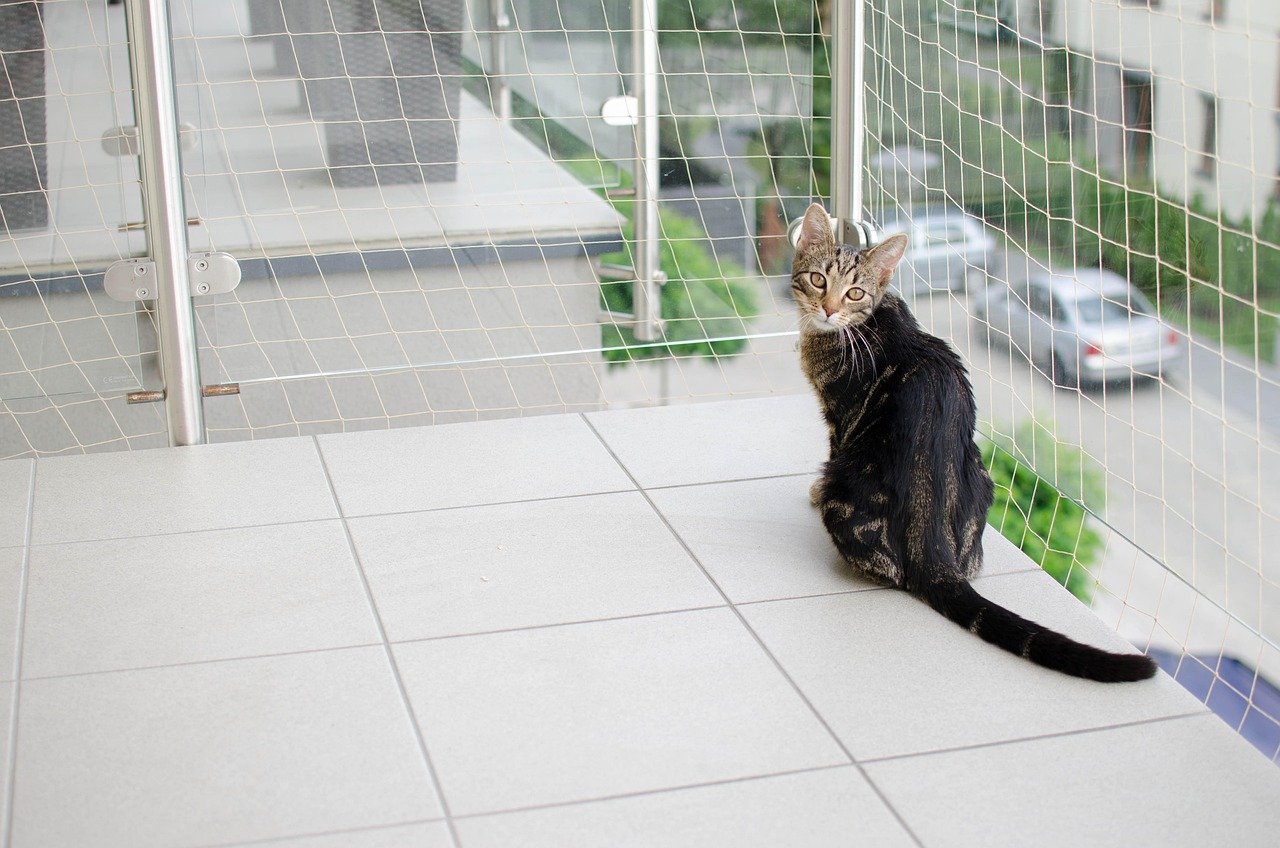
For a cat, safety is everything. The person who ignores them becomes a “safe zone”—someone who won’t chase, grab, or startle them. This sense of safety is incredibly appealing, making the cat more likely to approach and even linger nearby. Over time, this bond can become surprisingly strong.
Breaking the Ice—On the Cat’s Terms
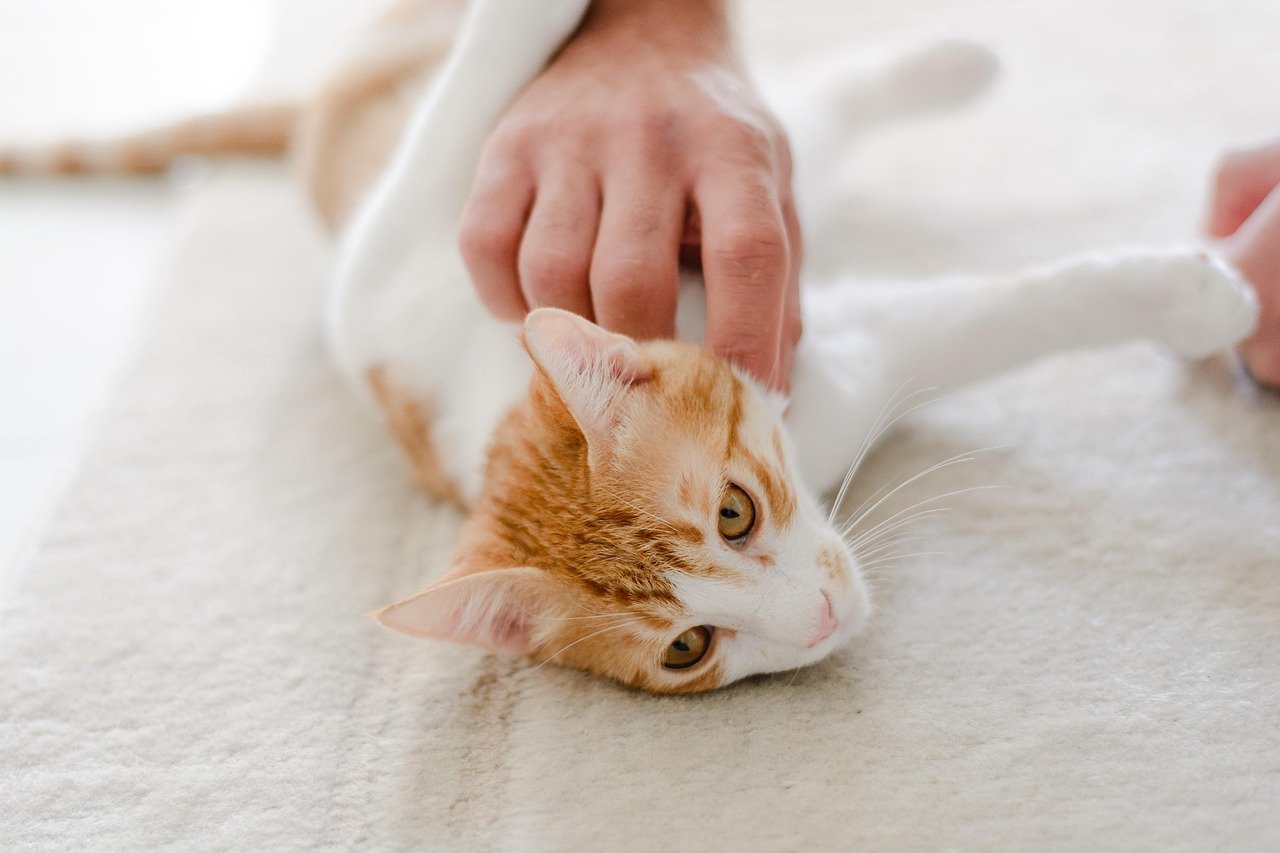
Cats love to be in control of social interactions. When someone doesn’t make the first move, the cat sees an opportunity to break the ice in its own time. This leads to more authentic, relaxed connections, even if the human is initially unwilling. The result? A friendship that blossoms on feline terms.
Examples From Everyday Life

Ask any cat owner, and you’ll hear stories of cats snuggling with the one person in the room who’s allergic, afraid, or simply uninterested. It’s almost as if cats have radar for these individuals. This isn’t just anecdotal—countless people have experienced this phenomenon, leading to a treasure trove of hilarious and baffling stories.
The Irony Isn’t Lost on Cat Owners

For those who adore cats, watching their beloved pet curl up with the one person who wishes they wouldn’t is both ironic and exasperating. It’s a reminder that cats do things their own way, marching to the beat of a different drummer. Their independent streak is part of what makes them so fascinating—and, at times, so frustrating.
When Cats Change Minds

The most surprising twist of all? Sometimes, a cat’s persistent attention can win over even the most reluctant human. Over time, the ice can melt, and an unlikely bond may form. It’s a testament to the unpredictable, enchanting nature of cats. Their unique approach to friendship has a way of turning skeptics into believers, one gentle nudge at a time.
Hi, I’m Bola, a passionate writer and creative strategist with a knack for crafting compelling content that educates, inspires, and connects. Over the years, I’ve honed my skills across various writing fields, including content creation, copywriting, online course development, and video scriptwriting.
When I’m not at my desk, you’ll find me exploring new ideas, reading books, or brainstorming creative ways to solve challenges. I believe that words have the power to transform, and I’m here to help you leverage that power for success.
Thanks for stopping by, Keep coming to this website to checkout new articles form me. You’d always love it!






